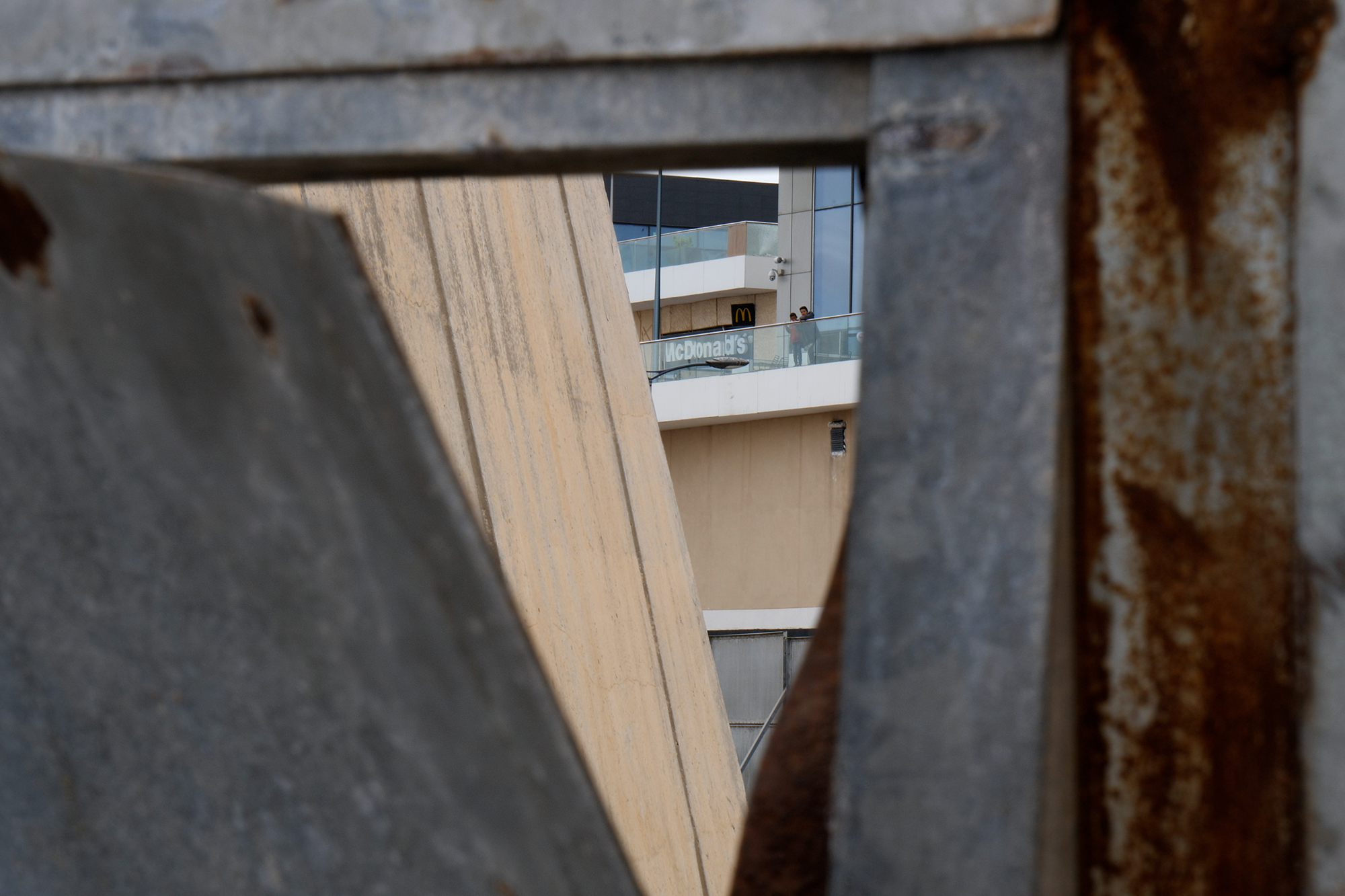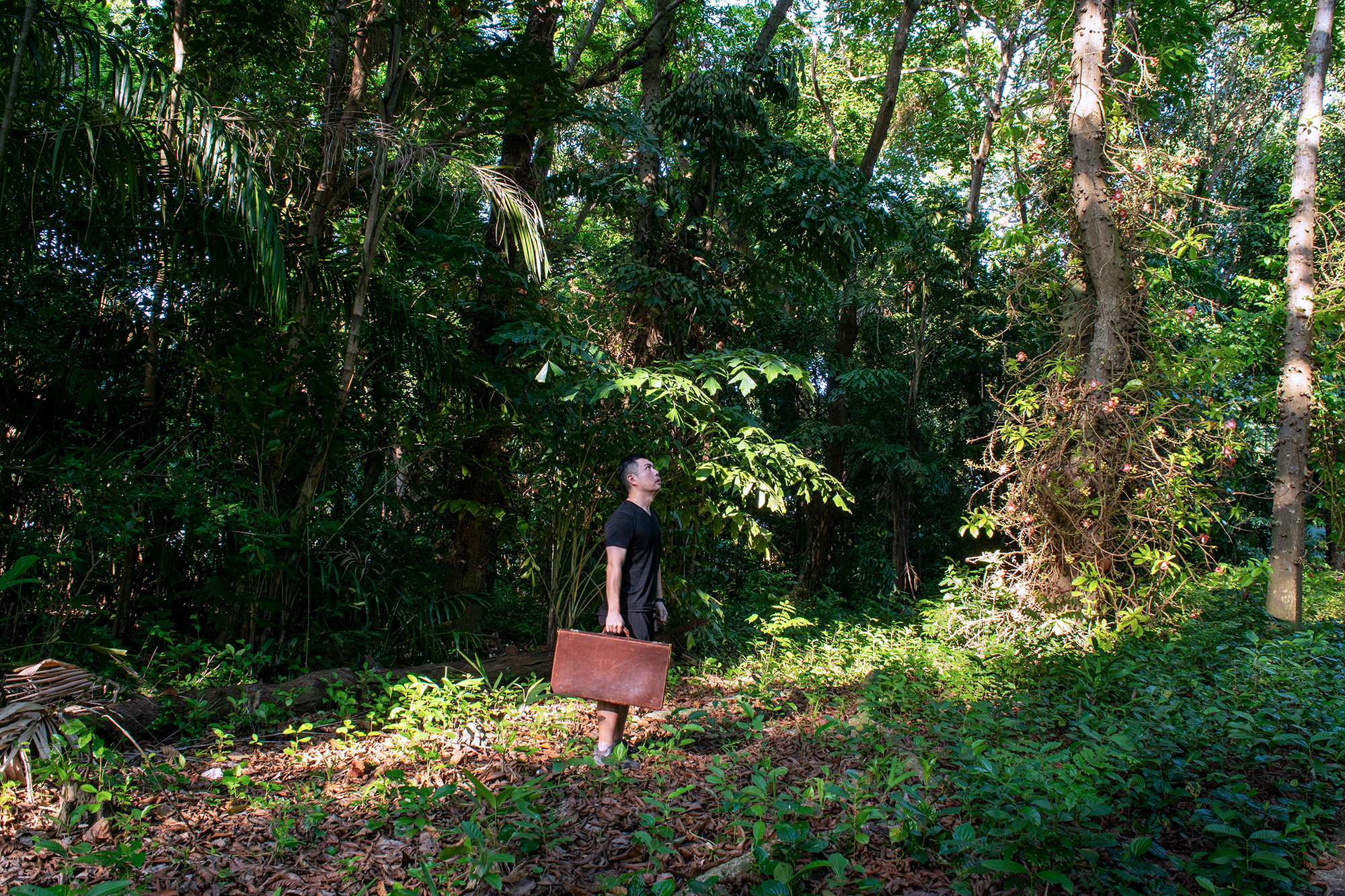Exhibition Dates: March 21 – April 20, 2013
Artists: Tom Corby and Gavin Baily
Exhibition page: https://museumofcontemporarycuts.org/exhibitions/no-detectable-level/
Senior Curator: Lanfranco Aceti
Associate Curator: Vince Dziekan
Curators: Ozden Sahin, Jonathan Munro
Produced in collaboration with Goldsmiths College, Sabanci University, Kasa Gallery, the University of Westminster and IAVC (International Association for Visual Culture).
No Detectable Level (Art, Data, Economics and Health) is a new exhibition by British artist Tom Corby, in collaboration with Gavin Baily. Developed for the MoCC (Museum of Contemporary Cuts) platform on Facebook and Twitter, the project consists of images, texts, sound, video and data set that are distributed online daily and archived on the exhibition page of the Museum of Contemporary Cuts [www.museumofcontemporarycuts.org]. The exhibition can be followed on Facebook and Twitter, starting March 21 until April 20, 2013.
Bodies in pain, bodies undergoing change and bodies that malfunction produce huge amounts of medical data which connect to other systems (medical, financial, bio systemic and affective). No Detectable Level (Art, Data, Economics and Health) presents a series of artistic responses based on the concept that the information flow between these systems produces complex ecologies of matter and information that evidence the ridiculous normative distinctions between matter and virtuality. For those, who like the artist are undergoing medical processes and procedures, the existential condition is that of being both subject and producer of data. This is a unique context that allows the artist to reconsider his own potential and to use and mould his condition to new ends; to make work from this experience that interprets and acts on it in different ways.
No Detectable Level forms part of a larger artistic multifaceted project (Blood and Bones) that questions the meaning of life and death. The exhibition seeks to find ways of understanding this complex process of relational engagements between the body and its data, its functions and dysfunctions, and its part in larger and more complex ecologies: those of the financial systems, social structures and aesthetic frameworks. Through producing new artworks as part of this exhibition, Corby provides an aesthetic understanding of the sick body framed within parameters of financial impact and financial gain.
The sick body becomes an ill for society and, within the current ideological framework, is an ‘ill body’ or a ‘bad body.’ In some cases there is a presumption and assumption of negativity and burden: the ill body is costly to society, and within the medical system is functional as long as it is a financial source of revenue, a useful experiment or a body that can be carved up, and sold. Yet, the body resiliently continues to be a barer of emotions, lots of emotions that are connected to the data flows, to the financial flows, to the social engagements and to the various processes of exploitation against which the open access body no longer has defenses. Cut, dissected, portioned, slashed, sectioned, divided, separated, chopped and fragmented in a dispersed multiplicity of data, needs, wants and gains that are no longer those of the body itself, but of a corporate society at large, ready to recycle, re-invest, re-use and re-appropriate bodies.
Tom Corby’s No Detectable Level challenges the viewer to ask questions that are ignored and left unanswered on the future of contemporary society and our place in it. A place that has to respond to a range of financial, social and systemic criteria within which there is no longer space for emotions, nor time for considering their value or loss.
Museum of Contemporary Cuts: www.museumofcontemporarycuts.org
Curatorial team: Lanfranco Aceti (Kasa Gallery Director and Senior Curator), Vince Dziekan (Associate Curator), Ozden Sahin (Curator) and Jonathan Munro (Curator).
Follow the exhibition on Facebook: https://www.facebook.com/MuseumOfContemporaryCuts
Follow the exhibition on Twitter: https://twitter.com/MoCC_2012
MoCC Newsletters: https://www.lanfrancoaceti.com/newsletters
Artist Biographies:
Tom Corby
Tom is the Director of CREAM’s Doctoral Programme, deputy Director of CREAM at the University of Westminster. He studied painting at Chelsea college of Art (1990) and completed a PhD at Chelsea in 2001. He has taught at Westminster since 2001 after previously working at Chelsea College of Art and Design and the University of Hertfordshire.
His interdisciplinary artworks (in collaboration with Gavin Baily and Jonathan Mackenzie) have been internationally exhibited and have won numerous awards including: nomination for the FILE Festival Digital Language award 2010; the jury nominated award at the 10th Japan Media Arts Festival in 2007; honorary mentions at the Prix Ars Electronica 2006 and 2000; honorary mention: “The Post-Cagian Interactive”, “Art on the Net” The Machida City Museum of Arts, Tokyo and the main festival prize Cynet Art 1999. In 2000 he was nominated for the “International Media Art Award 2000”, at Zentrum für Kunst und Medientechnologie (ZKM) in Karlsruhe, Germany and was the artist in residence at the ICA London 1998. Reviews include Art Review, Art Monthly, Intercommunication, Artist’s Newsletter and Acoustic Space.
Gavin Baily
Gavin is a producer, developer, and founder of TraceMedia. He has worked on arts, visualisation and research projects in various commercial and academic contexts. He studied Fine Art at Oxford University and Computer Science at University College London.
[*] The project also involves Kasa Gallery’s 2013 art residency: Body in Residence. This special international residence focuses on the relationship between human data and the body. During this period, Tom Corby will present his international solo exhibition titled Body of Evidence at Kasa Gallery and, in collaboration with MoCC – the Museum of Contemporary Cuts – will produce a new set of artworks for the exhibition titled No Detectable Level that will analyze the relationship between contemporary financial cuts and the body representing and re-asking basic questions that have been left unanswered.




